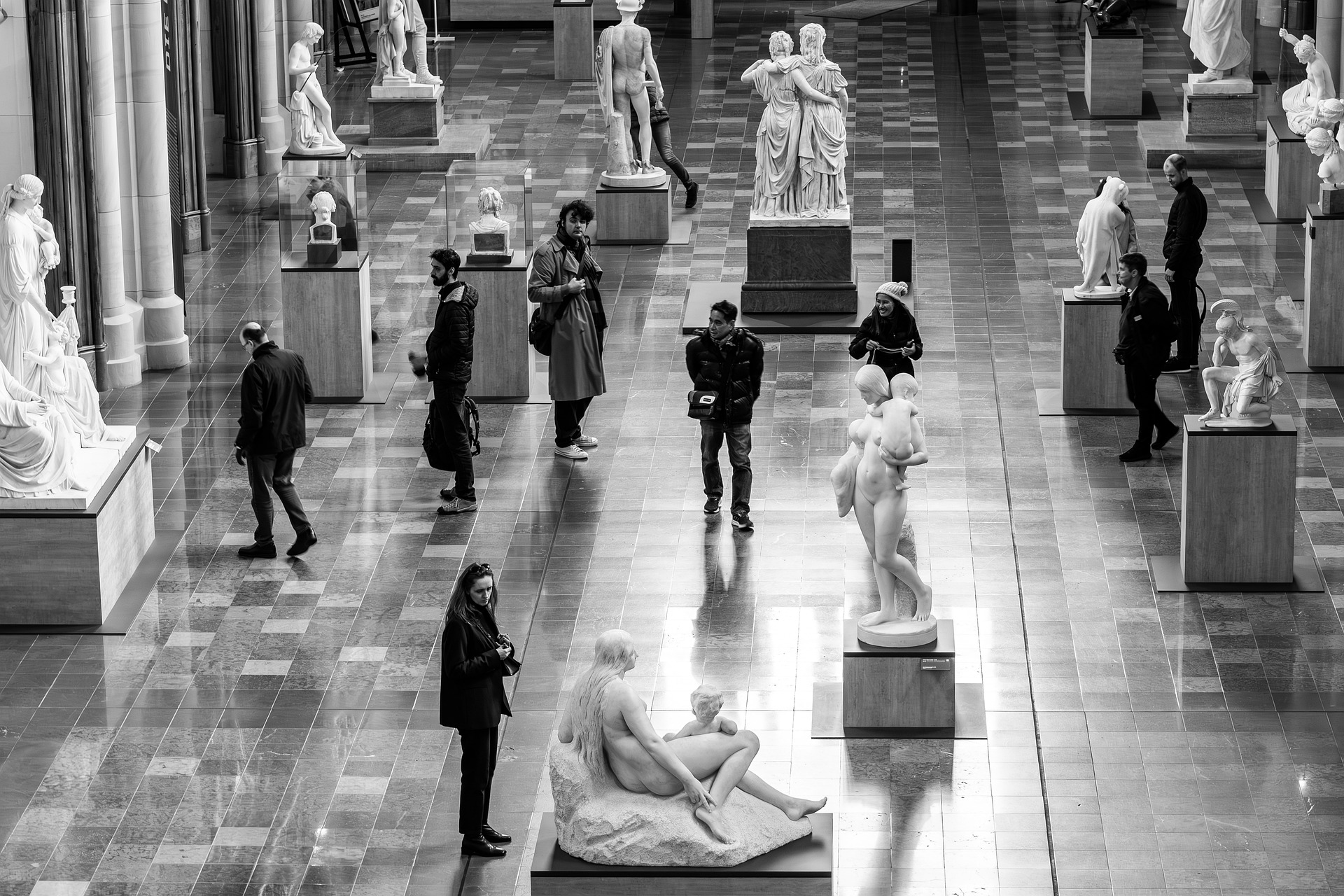Reimagining Tradition: The Revival and Relevance of Folklore in the 21st Century
The rich tapestry of folklore, often dismissed as antiquated or irrelevant, is experiencing a resurgence in the contemporary age. How is this ancient form of storytelling influencing modern society, and what are its implications for our cultural identities? Read below to delve into the intriguing intersection of tradition and modernity.

A Return to Roots: The History of Folklore
Folklore, the collective term for myths, legends, and traditional beliefs of a community, is as old as human civilization itself. Rooted in oral tradition, folklore served as a means to pass on customs, moral lessons, and societal norms from one generation to another. From the haunting tales of the Brothers Grimm to the profound fables of Aesop, folklore has been an integral part of our shared human experience.
The Resurgence: Folklore in the Modern Age
In a digital era dominated by technology, it’s fascinating to observe the resurgence of folklore. Modern forms of entertainment such as film, television, and literature are increasingly drawing upon folkloric elements, reimagining them in contemporary contexts. This revival is not mere nostalgia; it signifies a societal shift towards acknowledging and preserving our cultural roots.
Decoding the Trend: The Appeal and Impact of Folklore
The renewed interest in folklore can be attributed to several factors. Firstly, folklore provides a sense of identity and continuity, enabling individuals to connect with their cultural heritage. Secondly, the universal themes of folklore – love, betrayal, heroism, and sacrifice – continue to resonate, offering timeless wisdom and insight into the human condition. The revival of folklore, therefore, is not just a cultural trend, but a testament to the enduring power of storytelling.
Beyond Entertainment: The Sociological Implications of Folklore
The impact of folklore extends beyond the realm of entertainment. Researchers suggest that the resurgence of folklore reflects a broader societal trend towards introspection and authenticity. In an era often characterized by superficiality and information overload, folklore serves as a grounding force, offering narratives that are both genuine and profound.
Folklore and the Future: Shaping the Narrative of Tomorrow
As we stand at the cusp of a new decade, the role of folklore in shaping our cultural narrative is more significant than ever. By returning to our roots, we are not regressing but redefining our path forward. In the face of rapid technological advancement and societal change, folklore offers a bridge between the past and the future, reminding us that while times may change, the essence of our human experience remains the same.
In conclusion, the revival of folklore in the 21st century is more than a cultural phenomenon; it’s a societal shift that speaks to our collective desire for authenticity, connection, and continuity. As we navigate the complexities of the modern world, folklore serves as a beacon, illuminating our path with its timeless wisdom and enduring relevance.




